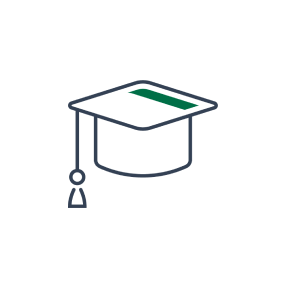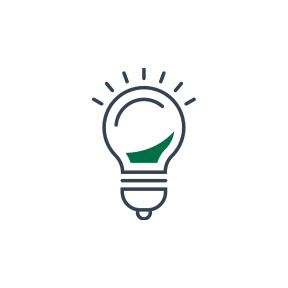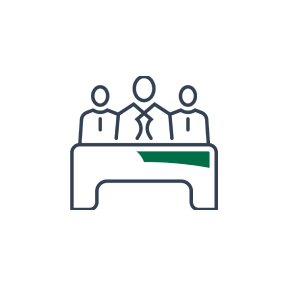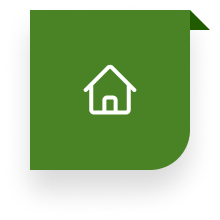English Immersion Education
Characteristics of Immersion Education
Teachers, curriculum and modern instructional methods: Young Hoon's distinctive English education accumulated over 20 years.
Young Hoon's immersion education program differs from the Whole Immersion practiced in other countries; instead, it follows a Partial Immersion model. Each class is co-led by a Korean homeroom teacher and a native English-speaking homeroom teacher. The native English teacher actively engages with students in English throughout the day, including during breaks, lunch, and after-school clubs, supporting students in both their academic and daily activities.
Native-speaking teachers with proven qualificationsClasses are taught by certified native English teachers with experience in school settings. These teachers primarily focus on English Language Arts (ELA), covering essential English skills across all grades. Additionally, subjects such as math, science, and social studies are integrated into the language learning experience. Young Hoon Elementary School surpasses the Ministry of Education's designated teaching hours to accommodate the instruction provided by native English teachers, while also implementing the Korean curriculum.

Officially accredited as a Cambridge International School allowing us to use the Cambridge Curriculum
The English component of the immersion education program is taught using the Cambridge Curriculum from the UK, with half of all subjects instructed in English. Cambridge International Education programs are accredited by over 500 universities in the United States and Europe, as well as international schools in Korea. Young Hoon was the first private elementary school in Korea to receive accreditation as a Cambridge International School.

Recognize the importance of providing differentiated lessons and offering diverse programs
Over the past 20 years, Young Hoon Elementary School has developed extensive expertise in teaching materials and methods, which is one of its unique strengths. By balancing traditional and innovative educational models, the school offers students a comprehensive education that integrates essential future skills. In addition to regular classes, the school offers a variety of English programs, including after-school English clubs, summer and winter camps, English broadcasting, and the publication of English magazines, providing students with numerous opportunities to enhance their English proficiency.

Professional development meeting for continuous development
Without growth and development in teachers, there can be no meaningful changes in education. Hence, English teachers at Young Hoon regularly convene for teacher development meetings to continuously research and enhance the English curriculum, teaching methods, and programs. This commitment ensures the delivery of high-quality English education tailored to meet the diverse needs of our students, taking into account their varying interests and abilities. Our teachers also attend outside professional development workshops provided by institutions such as KORCOS (Korea Council of Overseas Schools).




